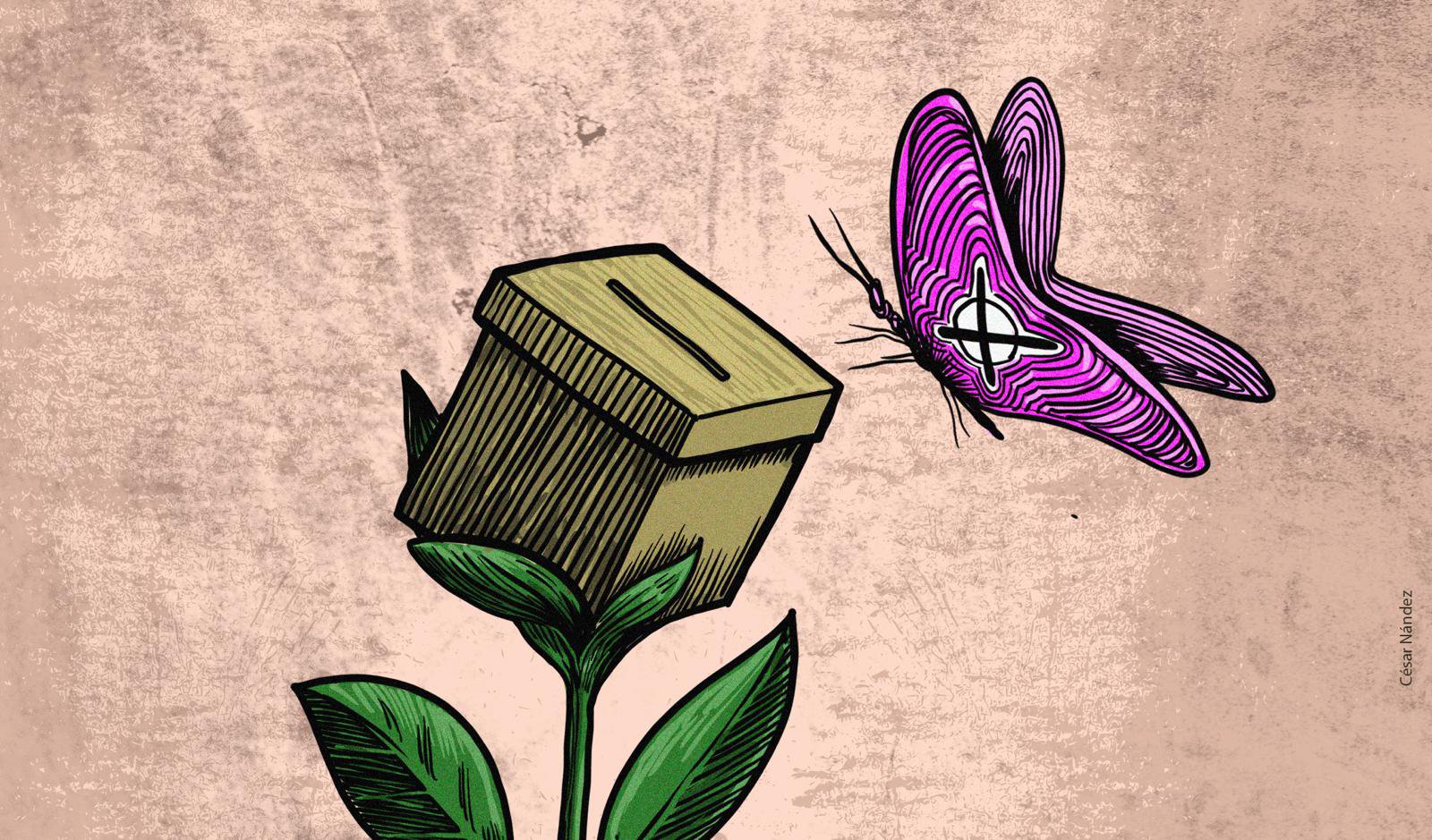There is a widely accepted idea that democracy is not possible without political parties. For decades, it has been said that these organizations are in crisis. Despite the intensifying symptoms of their supposedly chronic illness, they have not disappeared. Parties continue to form, sometimes dissolve and always transform.
Under the protective mantle of this notion—that they are indispensable for sustaining democracy—there has been leniency toward the deficiencies, flaws and missteps of these important political organizations.
It is evident that there is a lack of democracy within their ranks. In Mexico, for example, there are leaders who capture and seek to maintain control over their parties. The Institutional Revolutionary Party (PRI) is one such case. In other cases, leaders try to pass on their positions to close associates, as seen in the National Action Party (PAN). Some parties, like Movimiento Ciudadano and the Labor Party, operate more like franchises with a clear owner.
Political parties are also responsible for supporting ineffective governments. They are the ones who nominate candidates for public office. There is a lack of decisive citizen action when it comes to holding them accountable for what happens after the elections. Parties should be responsible not only for gaining power but also for how that power is exercised.
However, the centrality and control that political parties have over decisions in the executive, legislative and judicial branches make it difficult for them to be properly held accountable. This party-centrism serves as a foundation for potential retaliation.
In Mexico’s recent electoral process, for instance, the National Electoral Institute (INE) sent a message. It expressed hope that these groups might eventually refrain from breaking the law, rather than prioritizing punitive measures. The message was that penalties alone would not solve the problem.
In this context, the General Council of the electoral authority calculated fines amounting to 1.564 billion pesos (over 80 million dollars), with 785.6 million pesos resulting from infractions during the federal process. The council members decided to be lenient regarding unreported and unverified expenses, reducing the sanction to 330 million pesos. A trivial amount.
Undoubtedly, political parties continue to fulfill the roles historically assigned to them. Spanish political scientist Jordi Matas summarizes these roles: political socialization and opinion formation, interest harmonization, political elite formation, channeling public demands and reinforcing and stabilizing the political system.
But is it time to seriously consider a democracy supported not only by political parties? At the core of democracy, where these organizations are expected to participate, lies political action—the implementation of activities aimed at the common good.
The key point is that this action is carried out by individuals, whether alone or in groups. Therefore, if the action and the individuals who carry it out are what truly matter, the organizational space they occupy becomes secondary.
Looking at parliamentary systems, party leaders and the driving force behind political action are located in the Congress. This could lead to a scenario where parties have an intermittent presence: temporary existence for parties, with permanent political action from legislative bodies.
Are we on the verge of having temporary political parties, as Moisei Ostrogorski envisioned over a century ago? He suggested the solution might be to eliminate rigid, permanent parties whose goal is power and instead, reserve the party for its essential role as a grouping of citizens formed specifically for a particular political cause.
Thinking that Morena is solely responsible for the continuation of Mexico’s so-called Fourth Transformation is a mistake. Morena is merely the vehicle that concentrated support for the movement and, especially, for President Andrés Manuel López Obrador in the 2024 elections.
We are close to the emergence of a new party, led by those who promoted the so-called Mexican Pink Tide. Will this be the solution to creating a counterbalance to the ruling party? More importantly, will it even manage to form and achieve official recognition? With old and failed leadership at its helm, this political organization, which aspires to be new, seems like a poor bet.













